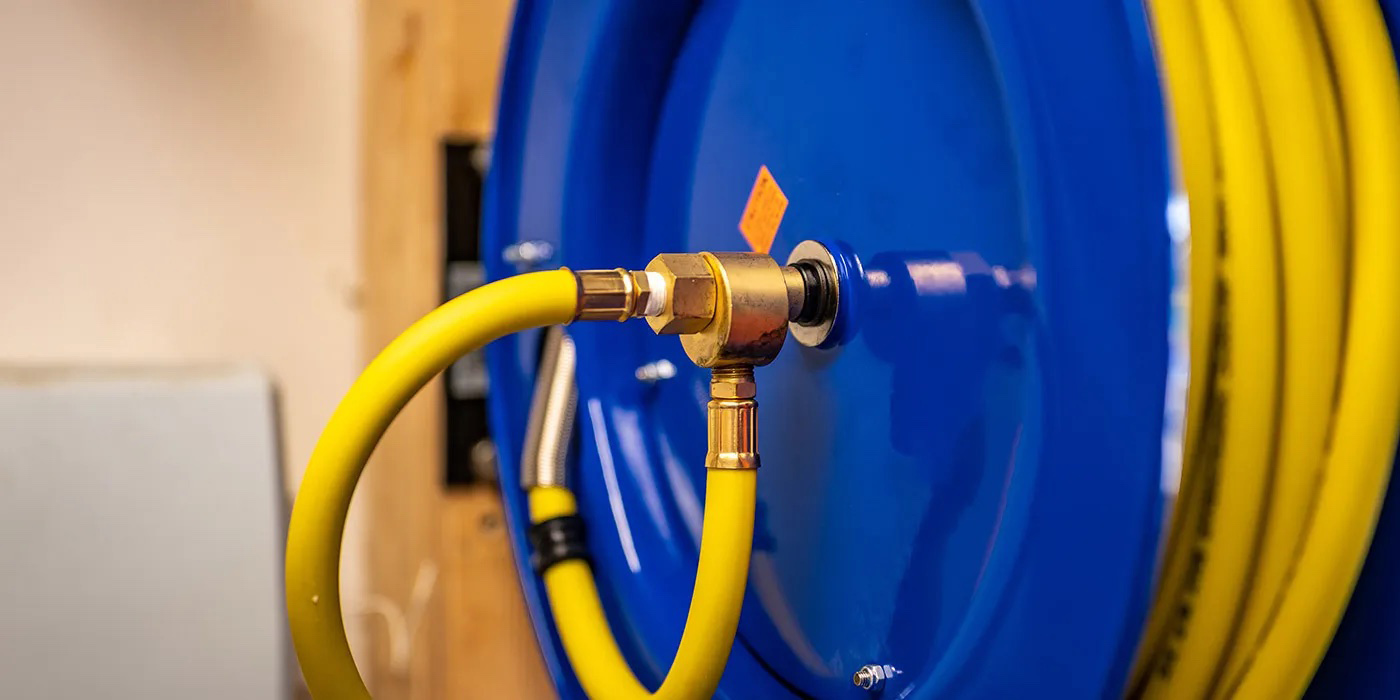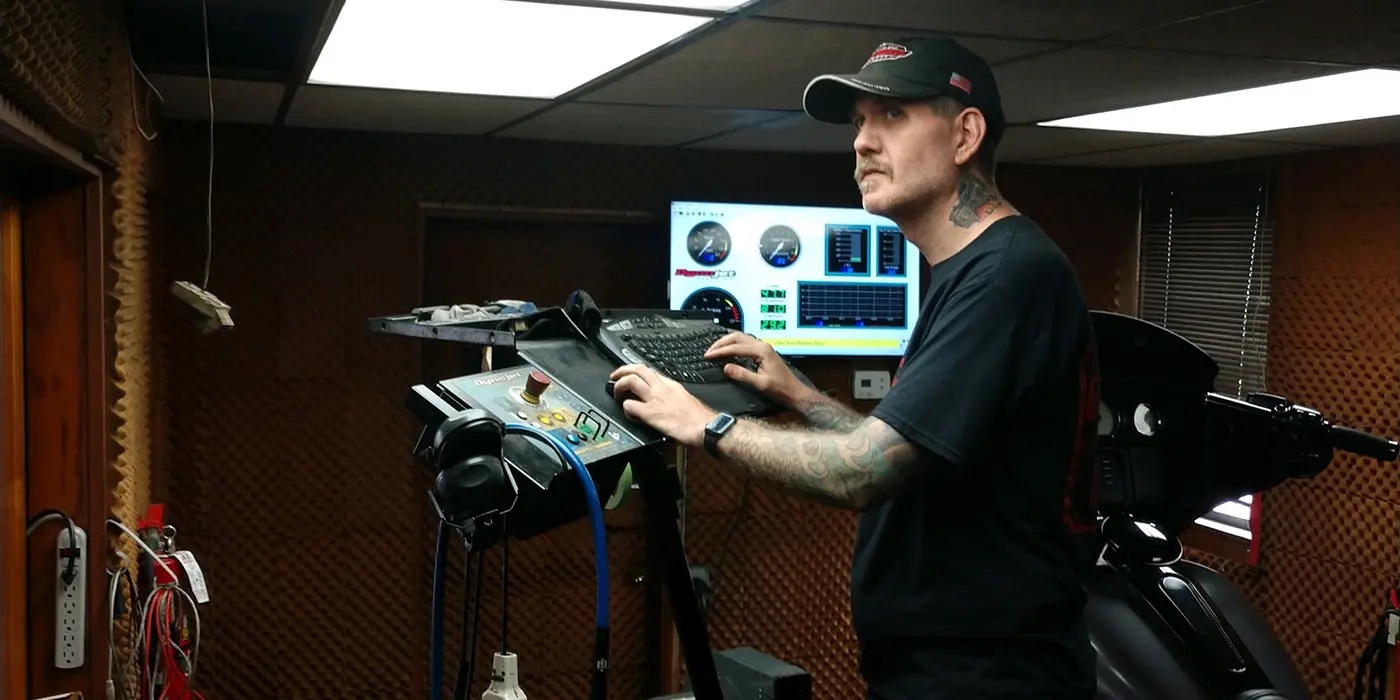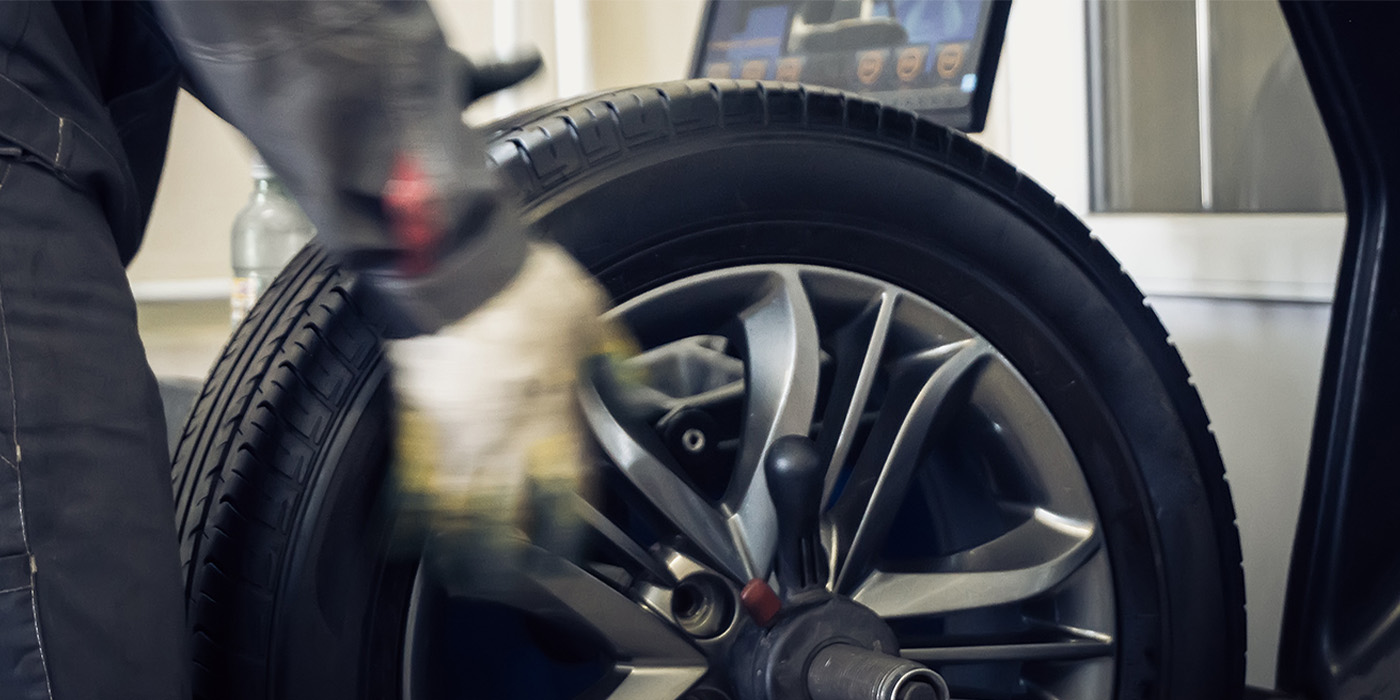I recently attended the
Mobile Air Conditioning Society’s 2014 Training Event and Trade Show in New Orleans. The main topic of discussion was R1234yf, or “twelve-thirty-four” in A/C lingo.
Andrew Markel | Editor @andrewmarkel
There has been a lot of hype about the changeover to this refrigerant. Don’t panic. The reality is that it is not the “air conditioning apocalypse” some are predicting. Instead, it will be a slow adoption the next three to five years. R134a will not be phased out, but it will be regulated and taxed heavily.
The reason behind the change is the length of time refrigerants can linger in the upper atmosphere. R134a may take up to 10 years to breakdown into a non-greenhouse gas. Twenty-five years ago, this was seen as considerable improvement over the 100-year-plus lifespan of R12. But R1234yf is a further advancement over R134a, as it takes only three to four years to break down in the upper atmosphere.
You have Time
Relax, now is the time to train and tool up. R1234yf is not required until the 2017 model year. Some models are being switched over now so automakers can receive greenhouse gas credits until the 2016 model year.
Even with the quick breakdown of R1234yf, you will still have to purchase a new machine to recover and recycle the new refrigerant. You will also need to understand the new oil compatablity issues with the R1234yf and what happens when refrigerants mix. The one investment you should make now is a refrigerant identifier tool.
The performance of R1234yf is very similar to R134a. There will be no major changes to system components. There are changes to the H-block, hoses and the programming in the module that controls the HVAC system.
There are reports of some car manufacturers not wanting to use R1234yf due to the flammability issue. Ignore the stories about increased flammability. They will comply sooner rather than later. The flammability of R1234yf is no worse than anything else inside the interior, including the plastics used in the interior.
Some say the posturing is to delay the changeover until the current market prices for R1234yf go down. Current prices for the new refrigerant are around $120 a pound and typically can only be found at new car dealerships. The price will come down significantly in the next few years as plants around the world ramp up production.
If you were working in 1994 at a shop when the first R134a cars hit the aftermarket, charging $65 for a pound of R134a or R12 was not unusual. Back then, some shop owners made the mistake of building stockpiles of refrigerant at the inflated prices.
The main issue is not with the chemical structure or politics behind R1234yf, it is how it will be serviced. There will be issues with contamination as systems are serviced. Some oils will not be compatible.
You may get a vehicle in your shop in the near future that might have a blend of refrigerants. But these are issues that can be resolved with training and tools.












